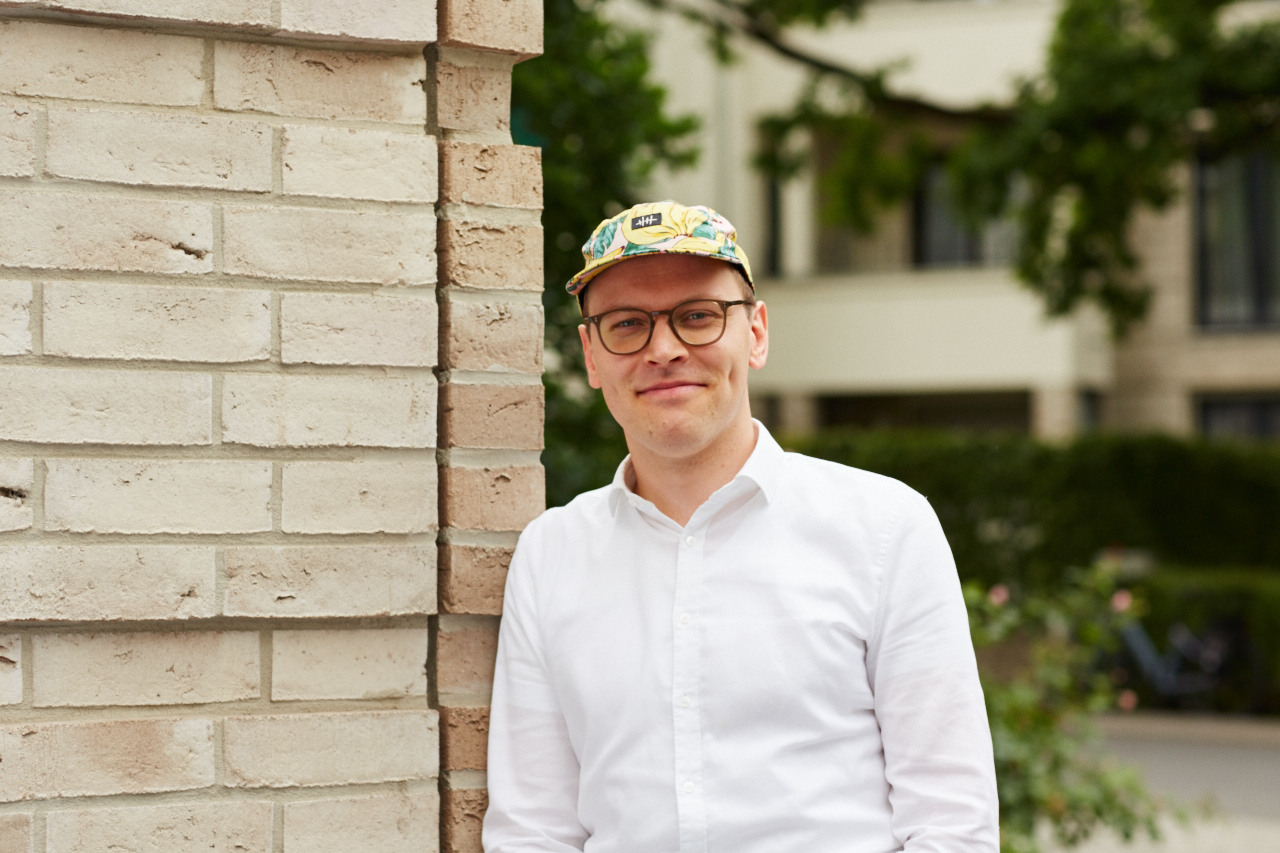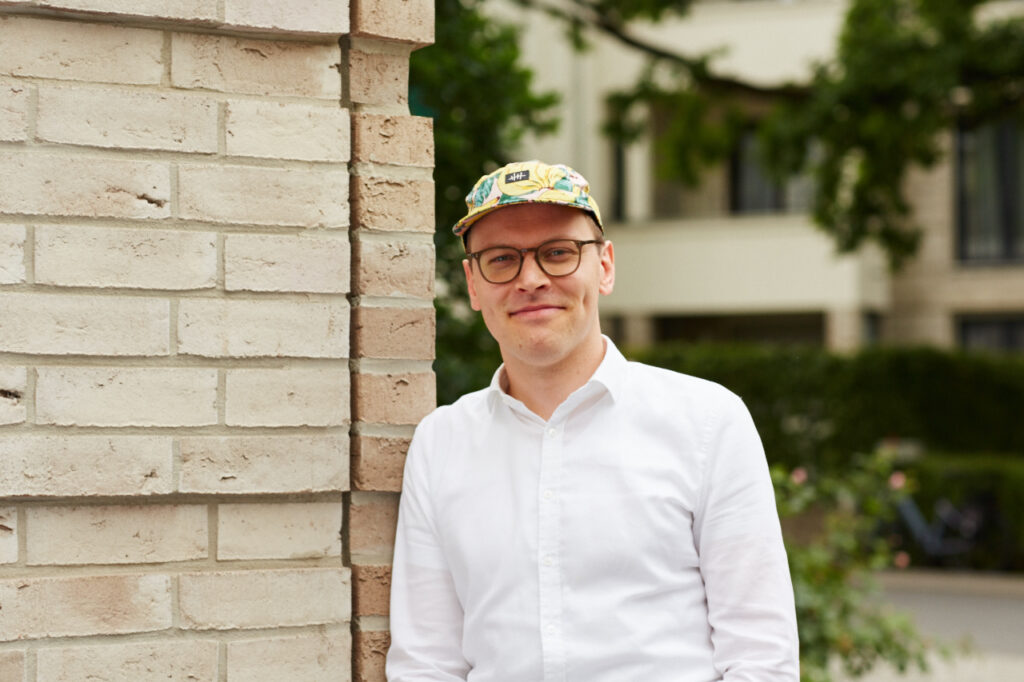April 1, 2025
April 2025 Ambassador Spotlight - Robert Marx


Written by Robert Marx
Spending 26 months caring for someone with a terminal illness gives you a brutally clear perspective on what truly matters.
I lost my wife, Elli, to glioblastoma—only to realize afterward that I had more energy than I ever thought possible. Grief doesn’t paralyze me; it fuels me. I want to share that energy, create spaces where people can talk—openly, honestly, without judgment or the usual societal filters.
As a caregiver, you are mostly on your own. Your friends and family mean well, but they can’t keep up with the speed at which your life suddenly moves. While you’re learning how to handle a feeding tube or fit a wheelchair into a car, the bureaucracy is still debating whether the “severity of the disability” is properly documented. It’s a bizarre theater play, and you are the unwilling main character. But there are also moments that shift everything: a bowl of strawberries with whipped cream can become the highlight of someone’s day.
Love, hope and mischief—those are the things that truly matter.
That’s why I’m building morphineonbananbread.com, a platform to support caregivers while shaking up the system—because change doesn’t happen quietly. I also host the podcast “Living with Death”, where hospice guests share what life has taught them. Maybe someone will listen and think, “Hey, maybe I shouldn’t put off that phone call,” or “Maybe I should just eat the damn cake.”
As an ambassador, I stand for those who no longer have a voice—or who were never really heard in the first place. I talk about death because it is pure life. I break societal norms because they keep people from truly living in the now. And I do it all loudly, because there are already too many whispered conversations about things that concern us all.
Courage assumes the path is shorter than it really is—so let’s go.